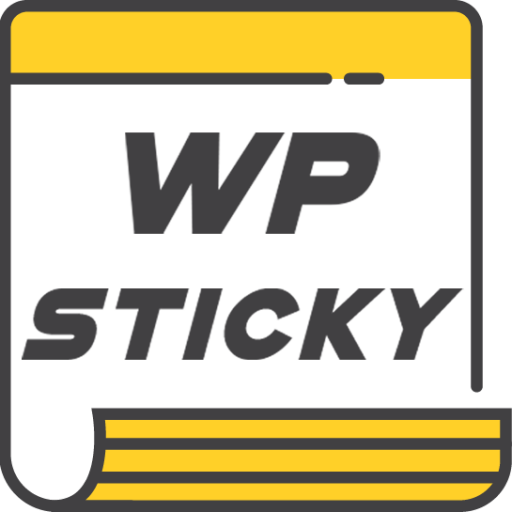“Good work speaks for itself”.
This is a saying that gets thrown around a lot, especially in the freelancing world, where many believe that delivering top-notch work is all it takes to build a successful career. Sadly, the truth is a little more complex than that. In the world of freelancing, especially, good work is just the baseline – not the whole game.
It’s important to remember, of course, that as a freelancer, you’re not just a service provider. You’re a brand, a communicator, a project manager, and sometimes even a therapist for yourself. While strong technical skills can undoubtedly get your foot in the door, it’s everything else you bring to the table that keeps it open.

Financial Literacy
Let’s look at finances as an example. While technical skills are important to delivering quality work, they won’t completely aid you in managing your cash flow.
This is especially true when considering that much of the work is done for you. In the world of insurance, for instance, the best organisations offer all the tools needed for a technical-based decision, whether that’s a workers’ compensation insurance cost calculator or a platform that generates instant policy comparisons.
As a freelancer, what you need is full financial literacy, which essentially means thinking like a business owner. It’s about setting goals, assessing risk, building buffers, and knowing when to reinvest in yourself. The numbers are in black and white, but it’s your understanding of them – and what you do with that understanding – that really matters.
Communication
Another example is communication. As a freelancer, you can have all the technical skills in the world, but if you don’t know how to communicate effectively, you’ll constantly run into roadblocks. It’s important to note, of course, that you’ll be working with people who don’t share your technical background.
That means you need to be able to explain complex ideas in simple terms, ask the right questions, and check in without overwhelming or confusing your clients. It’s not just about what you say – it’s how, when, and why you say it.
Clear communication like this can also build trust. If you want to keep getting work as a freelancer, you need to be constantly nurturing your reputation, showing to clients – and potential clients – that you’re not only technically up for the job, but easy to work with.
Brand Building
We mentioned before, too, that as a freelancer, you are your own brand. This means you have to take the time to actively shape how you’re perceived, not just by clients but by your broader industry.
Unlike traditional employees who rely on a company’s reputation, freelancers are the company itself, and the personal brand is often the first thing people encounter before they even see your work. In terms of how to build this brand, it doesn’t mean crafting a slick logo or obsessing over Instagram aesthetics – though both of these can help in the long run.
It means understanding your audience on a deeper level, and being intentional about your message, your values, and your unique edge. From your portfolio and website, to the tone in your emails, every interaction is part of your brand story, so it’s crucial you research and refine how you show up across all touchpoints.

Why Freelancers Need More Than Just Technical Skills
Those are just three of the other skills you’ll need to make it as a freelancer, but there are many more. Whether it’s client relationship building, business literacy, or negotiation skills, being a freelancer is all about being your own business owner, and knowing when to act that way.
It’s important to remember, of course, that freelancers don’t have the structure or support that employees do. Without a boss or a team to help navigate challenges, you’re the one that needs to be constantly resourceful, proactive, and strategic. Only then will you be able to build a sustainable career that goes way beyond just one-off projects.
